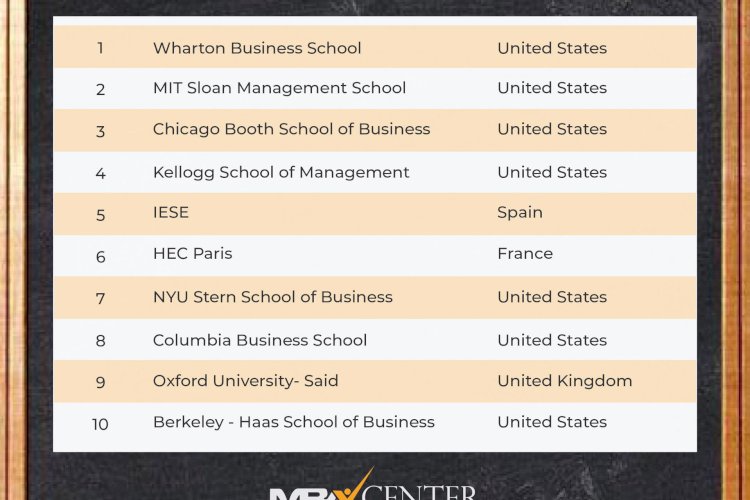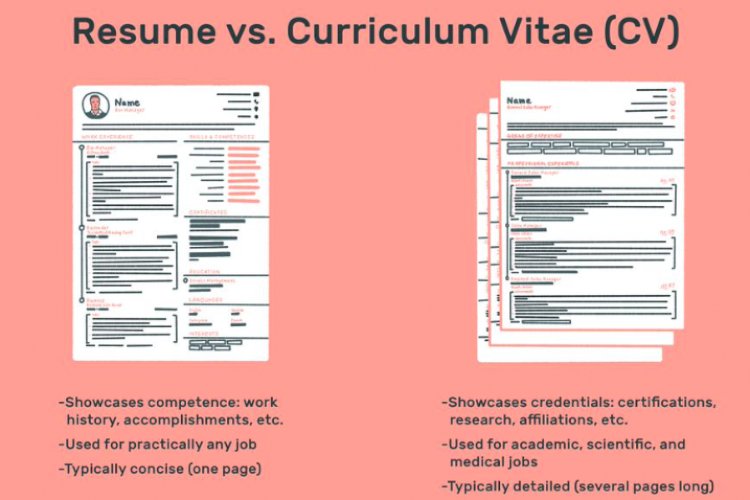
Why is an Executive MBA a good investment?
Let’s face it: the economy has been far from stable for 6 years, and there is no improvement in sight. However, this does not stop ambitious managers who always remember that the basis for success is a constant education. Executive MBA remains one of the most profitable investments in your own well-being through intensive development of leadership skills, a broader strategic vision, and practical skills that can be applied here and now.
The good news is that salary growth for EMBA graduates is almost guaranteed. The most recent report from the Executive MBA Council shows that the average salary increase as a result of Executive training is 23% after graduation. In addition, the full payback period for business education (EMBA) has been reduced from 23 to 17 months, and this is despite the fact that the cost of training top managers is growing by an average of 5-7% per year.
Companies stopped paying?
One of the main trends of the last decade, reinforced by the global economic recession, is that fewer employers are taking on the cost of Executive training in MBA Executive programs. Surprisingly, the number of students in such programs does not decrease at all – experienced managers still prefer to finance their own education, if companies refuse to do so. In Europe and the United States in 2003, 25% of students who paid out-of-pocket tuition were enrolled in EMBA programs-today about 50% of them are.
However, experience shows that when a company decides to invest in the training of its key employees, it benefits not only from the unique knowledge gained by students but also from the new level of communication that the graduate brings to the company. This leads to the emergence of new areas of responsibility, as well as to new business planning, which often becomes a benchmark for the entire company. According to the Executive MBA Council, 37% of students expect to be promoted in their careers after completing the program, while 43% actually do receive such a promotion! Compared to other types of business education programs, this is the highest percentage.
Everyone wins
For the same amount of money, the company can hire consultants for a couple of weeks, which, of course, will also be beneficial, but only for the short term.
Don’t scare your company with the costs! Provide your managers with a clear plan:
- Support is needed not only in financial terms. Companies can express their support by being flexible and allowing you to take time off so that you can attend classes for example.
- Reducing your workload can also be part of an arrangement that allows you to learn and work on your projects during the designated time at work;
- If your company finds the cost of training intimidating, you can offer to pay for “additional expenses” such as transportation and accommodation, while the company pays for the training. Prove your company that you can be trusted;
- Talk about your responsibilities to share the knowledge and skills you will acquire. Suggest organizing workshops or brainstorming sessions immediately after the program ends;
- Offer to sign an agreement defining the time you will be required to work for the company after successful completion of your training;
- Demonstrate your company that you can design your work within the company for the next 2-5 years. Work on this career development plan.
 MBA Center Global
MBA Center Global 
























